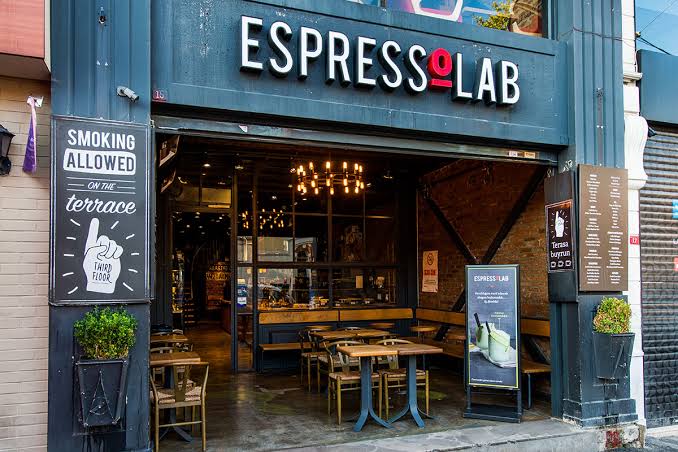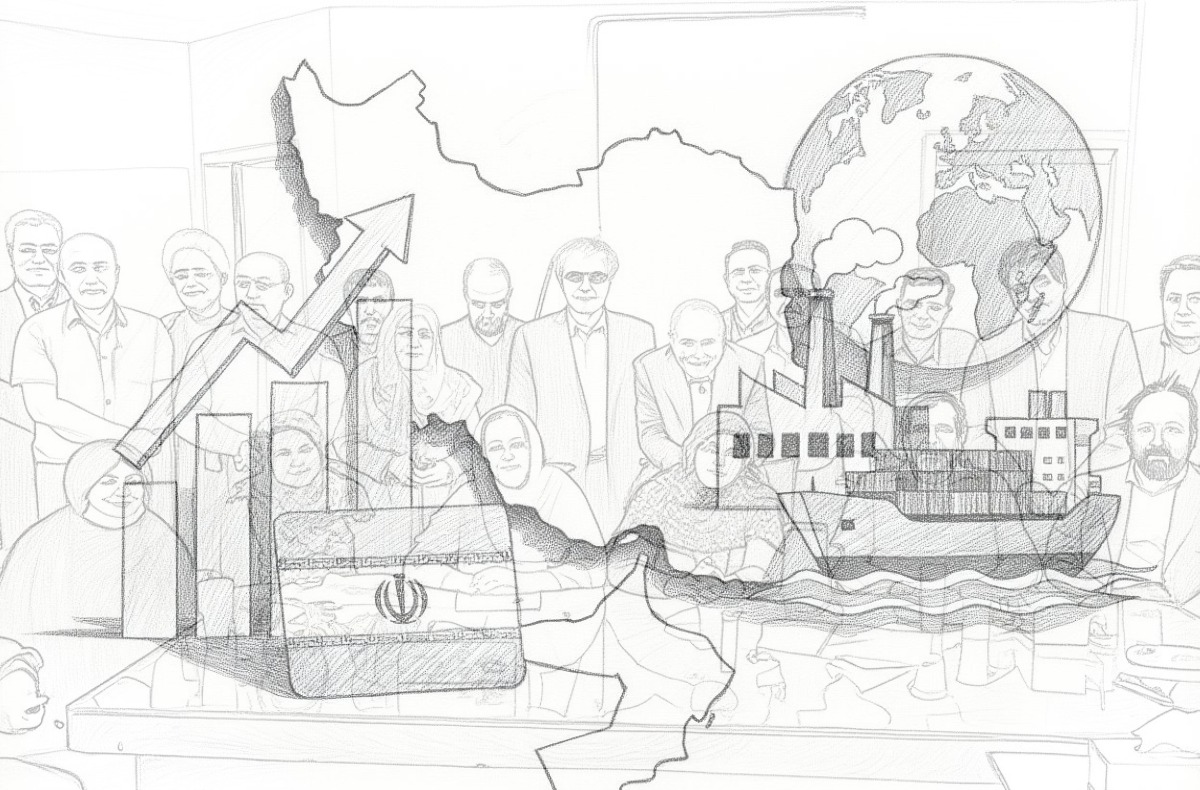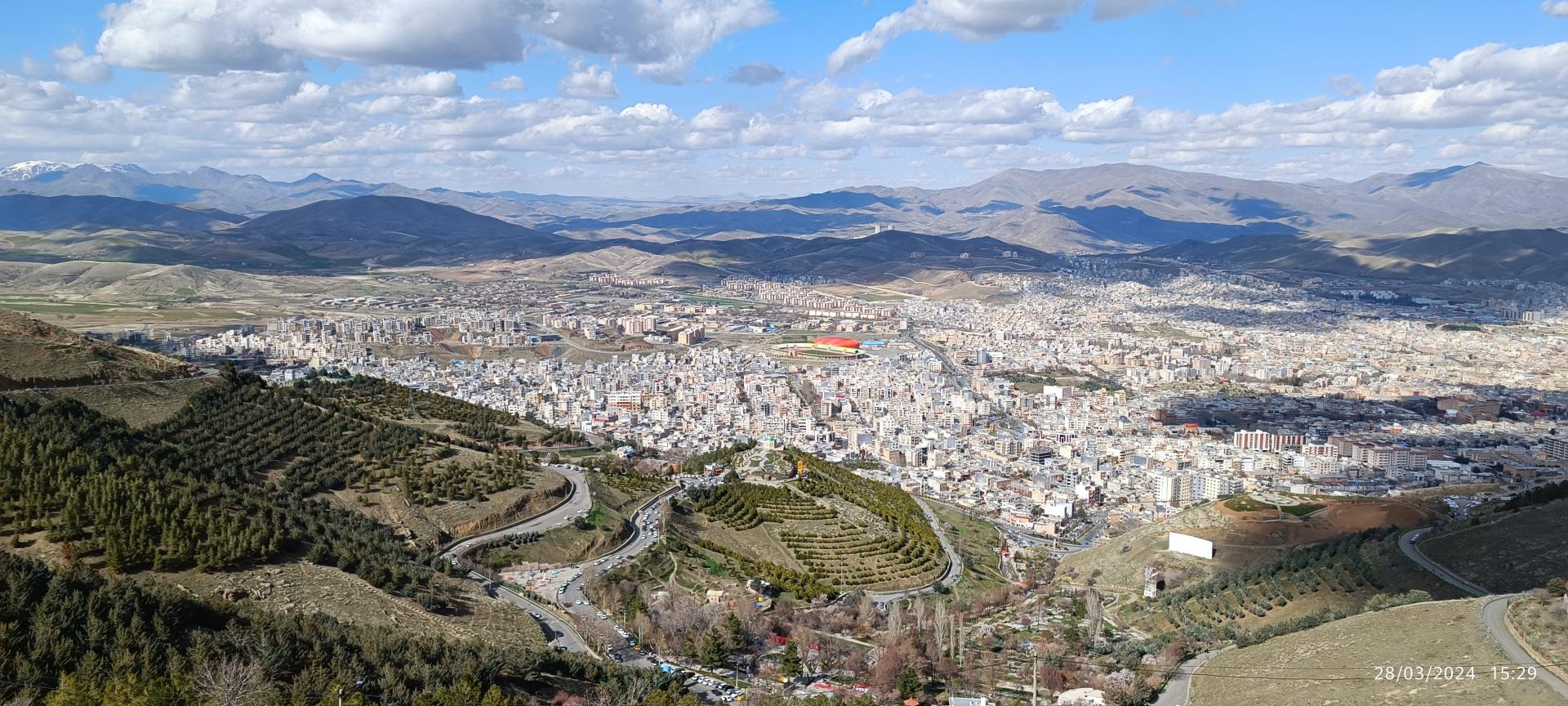In March 2025, Türkiye experienced a wave of political unrest following the detention of İstanbul Mayor Ekrem İmamoğlu and several municipal officials. These events triggered nationwide protests and renewed calls for boycotts targeting businesses perceived to be aligned with the ruling government. Among the companies that came under public scrutiny was Espressolab.
Espressolab, a rapidly expanding coffee chain founded in 2014 by Esat Kocadağ, has emerged as a focal point in this political atmosphere. While the company presents itself as a model of entrepreneurial achievement, its trajectory raises broader questions about the concentration of economic power and its entanglement with political authority.
Espressolab’s growth has not occurred in isolation—it reflects a pattern in Türkiye where business success often depends on access to political networks, inherited capital, and favorable treatment by state institutions. As such, the company offers a useful case for understanding the role of oligarchic structures in shaping both the economy and the political landscape.
Espressolab began as a small university-based café and quickly developed into one of Türkiye’s most recognizable coffee brands, operating over 360 locations across 11 countries. Its flagship roastery in Istanbul spans 6,000 square meters and markets itself as Europe’s largest coffee experience center. The company’s international expansion, strong brand identity, and rapid franchise development have attracted attention not just from the market, but also from political analysts and opposition figures.
The company sources its beans from international suppliers and climes to promote sustainability and ethical trade. However, the political economy surrounding its development raises serious questions about transparency, accountability, and privilege in business operations.

Gazze’de binlerce çocuk katledildiğinde İsrail mallarını boykot etmeyen züppeler, konu DHKP-C artıklarının çıkarları olunca piyasaya çıktılar.
— Misvak Caps (@misvakcaps) March 25, 2025
Beşiktaş'ta bir terörist, Özgür Özel'in boykot çağrısı yaptığı Espressolab şubesinin camlarını sprey boya ile boyadı. pic.twitter.com/r3ZuweZfUr
A widespread campaign to boycott the company and police efforts during the protests to protect it.
Family Networks and Political Links
Espressolab is not the product of an isolated business venture. It belongs to the Kocadağ family, which also owns Sütiş, a major dessert and dairy company in Türkiye. The family’s connections stretch into political office: Mevlüt Kocadağ, Esat’s father, is a cousin of the late Kadir Topbaş, Istanbul’s former AKP mayor (2004–2017). Under Topbaş’s administration, Sütiş was granted access to several prime public locations—some of them classified cultural heritage sites—under questionable legal arrangements. Allegations include unauthorized construction, expansion of operating areas on protected properties, and preferential access to city assets without competitive processes.
This is a textbook example of how political power has been used to distribute economic benefits to connected families. The privatization of public assets and the granting of location rights to politically favored firms is a longstanding issue in Türkiye’s urban governance. These processes often bypass transparent tender procedures and create unequal access to capital for non-connected entrepreneurs.
The Erdoğan-Bahçeli Visit and Political Patronage
Espressolab’s national profile gained significant attention when President Recep Tayyip Erdoğan and Nationalist Movement Party (MHP) leader Devlet Bahçeli visited one of its branches after Friday prayers at Hagia Sophia in 2020. The visit was documented and shared widely, functioning as both a symbolic endorsement and an indirect advertising event. Such moments deepen the perception that Espressolab operates with tacit political protection.
Apart from that, the role of other government officials in openly supporting the company, as well as the ruling party’s promotional campaign for it, has sparked widespread debate.
These gestures, while not illegal, contribute to the broader environment where the state and the ruling coalition are seen to favor select capital groups. This pattern of informal endorsements—whether through visits, appearances, or statements—can shape consumer behavior and public contracting decisions. It also deters competition, reinforcing oligarchic tendencies within Türkiye’s capitalist class.



The company’s branches are a hangout for high-ranking officials from the ruling party. After the boycott was announced, ruling party figures tried to support the company.
Espressolab and the Boycott Controversy
The political dispute surrounding Espressolab and other businesses deepened in March 2025 when CHP leader Özgür Özel announced a boycott campaign during a large rally in Saraçhane, İstanbul. There, he introduced a list of companies that, in his party’s view, had benefitted from their alignment with the ruling government. The boycott was meant as a form of civic resistance to economic favoritism and the erosion of political pluralism.
As part of the campaign, a website—boykotyap.com—was launched on March 25 to centralize information on the companies named. Notably, the platform excluded Kilim Mobilya, which Özel had initially mentioned but later removed, alongside Milangaz, Likidgaz, and Türk Petrol. The site quickly gained traction among opposition supporters.
However, the initiative faced rapid state intervention. On March 26, Ankara’s 4th Criminal Court of Peace ordered the blocking of the website. Although access could still be achieved through VPNs, the act of censorship highlighted the limited tolerance for coordinated political consumer actions in the current political climate.
In response, CHP re-launched the website under a new domain: boykotyap.net. The return of the platform was announced via the party’s official communications account on X (formerly Twitter) with the message: “Guess who’s back? (Bilin bakalım kim döndü)”—a deliberate act of political defiance.


Systemic Corruption and the Role of Oligarchs
Espressolab is not an exception—it is a concrete expression of a broader tendency toward the consolidation of economic and political power in the hands of a narrow capitalist stratum in Türkiye. Over the past two decades, the restructuring of the Turkish state has systematically removed constraints on executive authority, weakened the autonomy of regulatory institutions, and subordinated public economic policy to the needs of politically loyal capital. This transformation has not occurred spontaneously; it is the outcome of a deliberate reorientation of the state toward serving as an instrument of selective accumulation.
Public tenders, urban zoning, state-backed credit, and land-use decisions are no longer administered according to formal economic criteria or public interest. Instead, they are allocated through informal networks that reward proximity to the ruling bloc. The outcome is the consolidation of capital in the hands of a small group of families whose social reproduction is guaranteed not by competition or innovation, but by continuous access to political favor.
Esat Kocadağ’s activities exemplify this model. As the heir to an already established food empire, his entry into the café market was not based on original accumulation or risk, but on an expansion of pre-existing capital networks. His partnership with Aziz Akhannouch—Morocco’s current prime minister and one of its wealthiest businessmen—demonstrates how this logic operates internationally. Their collaboration over distribution rights in hundreds of gas stations illustrates a mode of expansion driven not by comparative advantage or productivity, but by elite-level coordination insulated from democratic control or market contestation.
Espressolab boykot çağrıları sonrasında işletmelere Türk bayrakları astı. Boykotta olan öğrenciler Beşiktaş şubesini yuhlayarak transit geçti. pic.twitter.com/Ldk56oFBbi
— Osman Çaklı (@osmanckli) March 24, 2025
Espressolab’da kahve içen gençlere toplanıp “gerizekalı” diye hakaret ediyorlar.
— Politikalojik 𝕏 (@Politikalojik) March 25, 2025
Bunlar kim mi starbucks boykotu yapanlara "sana mı soracağım içerim ben" diyen şerefsizler !#Espressolab pic.twitter.com/PpNfv78hgY
During the recent week’s protests, demonstrators strongly objected to the company’s role in supporting the ruling party.
Such arrangements, while formally legal, expose the fundamental contradictions within the capitalist mode of production. They do not merely signal a failure of regulatory oversight or a deviation from an ideal of “democratic capitalism”; rather, they reveal how the legal infrastructure of capitalism itself is subordinated to the imperatives of capital accumulation. The market ceases to operate as a space of free competition and becomes a mechanism for the concentration and reproduction of class power. Access to capital is increasingly mediated by political patronage, not productivity or innovation, and what is called “entrepreneurship” is reduced to the management of inherited capital or the exploitation of privileged access to state resources.
Regulatory institutions, far from being neutral arbiters, function as instruments of class rule. Their formal autonomy is undermined not by individual corruption but by the structural dependence of the state on capitalist interests. As Marx noted, the executive of the modern state is but a committee for managing the common affairs of the bourgeoisie. In this context, the exclusion of the majority from entrepreneurial or productive roles is not accidental—it is essential to the reproduction of capitalist relations. The promise of upward mobility becomes ideological cover for a reality in which capital is increasingly monopolized, and labor is further disempowered.
This is not the erosion of democratic capitalism, but its logical outcome: a system in which political and economic power converge in the hands of a ruling class, while the majority are confined to precarious labor, dispossession, and political marginalization.
The ideological function of stories like Espressolab’s is to obscure this process. Presented as a case of dynamic enterprise, it in fact reveals the fusion of business and political power as a barrier to social mobility and productive investment. In this context, capital ceases to perform the historic functions claimed by its defenders—namely, innovation, competition, and general economic development—and becomes a mechanism for the extraction of rent from public resources and labor.
What is revealed here is not a failure of policy, but a structural feature of a capitalist system in which the political regime has been reconfigured to concentrate wealth and neutralize opposition. The suppression of institutional independence and the capture of economic policymaking by oligarchic interests make democratic oversight impossible without a radical transformation of both the state apparatus and the economic order it sustains.
Only through re-establishing public control over strategic economic decisions, breaking the dependency of capital on political loyalty, and enforcing collective democratic rights can the cycle of accumulation by connection be interrupted. Without this, what remains is a deformed capitalism—politically managed from above, structurally exclusionary from below, and increasingly incompatible with democratic governance.





Leave a Reply to Nezahat Heald Cancel reply